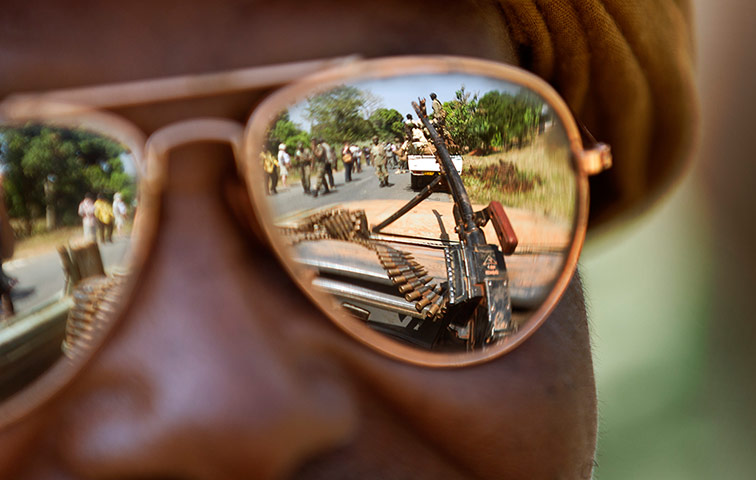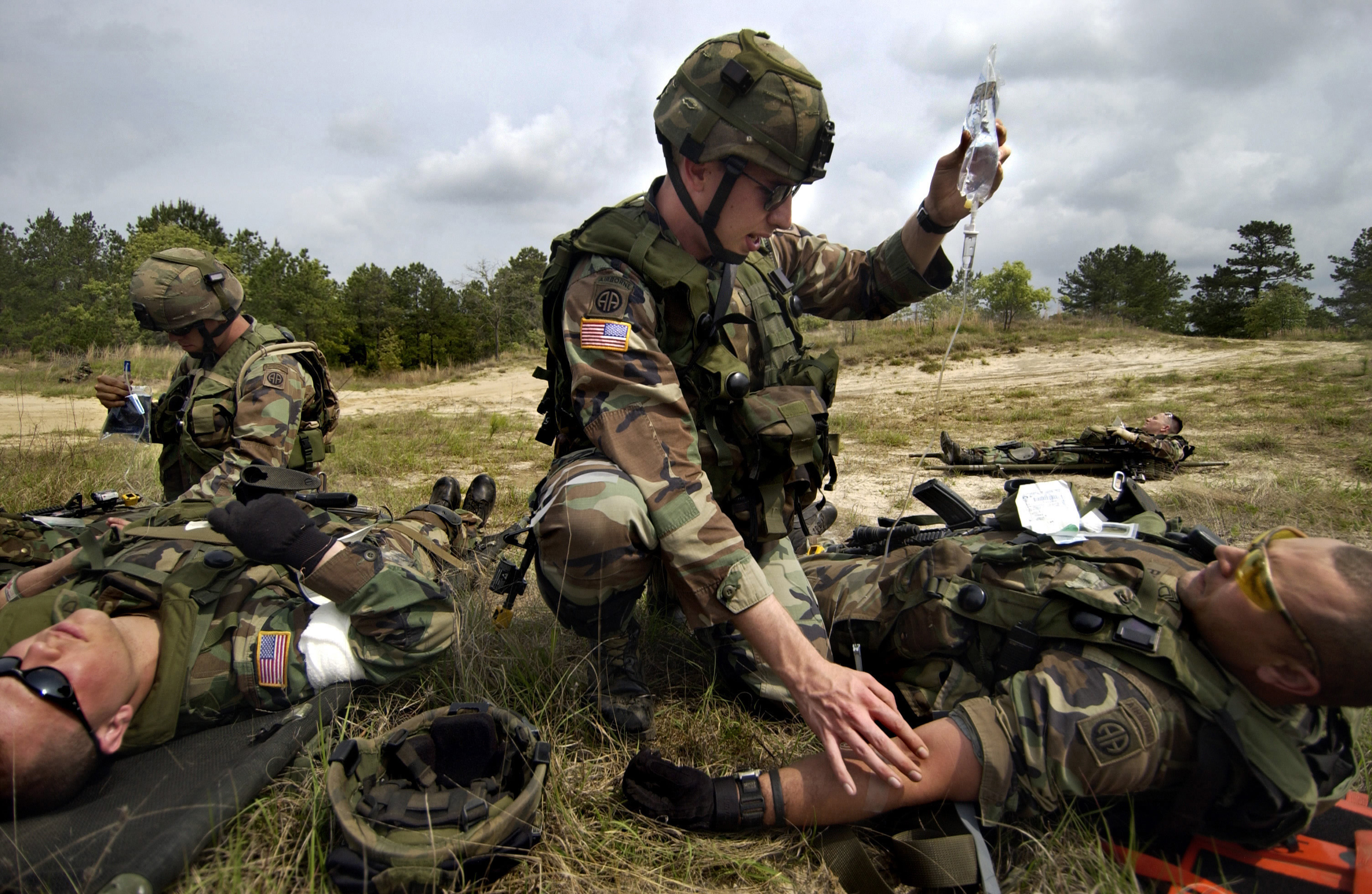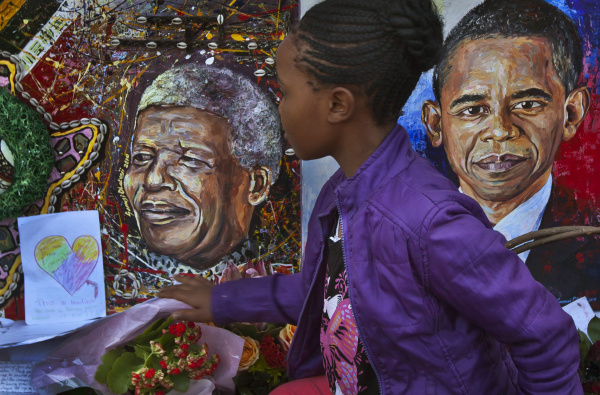Following a military coup in March, the Central African Republic (CAR) has entered into a period of what has been described by some as anarchy and is nearing what may be viewed as a point of collapse. The ‘abandonment’ of the state and, more importantly, its people, by Western donors is not only shameful, but indicative of broader pressures on already weak states in Africa. If the Central African Republic is not assisted somehow in its stabilization, the country may enter into a profound period of anarchy, which could have disastrous consequences for the entire region. The United Nations Human Rights chief, Valerie Amos, has warned that the Republic is in danger of becoming a failed state. The chances of NATO intervening are practically non-existent, even with the historical French presence in the country, but NATO may choose to lend support to the existing African Union force in the country as a potential bulwark against further destruction.
The Central African Republic, like Mali, Chad, and other central African states, emerged from a period of dictatorial rule, only to fall upon harder times very quickly afterwards. The country was believed to have entered a period of stability after former-general François Bozizé’s 2003 coup. He re-wrote the constitution and after some hesitation, participated in and won democratic elections in 2005. His rule offered a semblance of stability for the country, which saw modest economic growth during this period, but after increasingly intense fighting since 2010, the forces of the previous, deposed president, as well as disenchanted ethnic groups, brought down the government in a coup this March. To call the collapse of Bozizé’s government a seizure of control on the part of the rebels seems to be generous: since March, the situation in the CAR has ‘lurched towards a crisis,’ with armed gangs roaming the streets, looting at will, and the total disintegration of the nation’s healthcare system. The leader of the rebel forces, Michel Djotodia, has been sworn in as President, and yet there appears to be little effort – or little ability – on the part of his administration to stem the violence, particularly of the unpaid Sango–speaking Séléka (‘union’) soldiers. The situation thus far looks dire: so far there have been at least 46 arbitrary executions, 25 counted deaths from apparent torture, and a rapid expansion of the use of child soldiers, and a 33% rise in Malaria rates.
[captionpix align=”right” theme=”elegant” width=”300″ imgsrc=”http://natoassociation.ca/wp-content/uploads/2013/10/Rebel-Leader-Michel-Djotodia-New-President-of-CAR.jpg” captiontext=” Rebel leader, Michel Djotodia, now President of CAR”]
While these numbers may not sound horrific, particularly compared to some of the other cases of state-collapse in Africa, the impact of a failure in the Central Africa Republic could be very dire indeed. Home to only 4.6 million people, landlocked and with increasingly few forests, the CAR is hardly an industrial or political power on the African continent, but sapling conflicts, like those still ongoing in Somalia, have a way of draining regional resources and destabilising neighbours. The Lord’s Resistance Army, noted for its terror and destabilising presence in Uganda, South Sudan, and the Democratic Republic of the Congo, is now reported to be furthering its operations in the Central African Republic, further adding to the chaos. There are worries that the Séléka will allow violent Islamic fundamentalists to infiltrate the country, as well. And as the world has seen from the Syrian Civil War, and the Afghan one before that, the refugee outflows of conflict zones such as this have disastrous impacts, financially, but more importantly on a social level. The already weak governments of Chad, and of Mali, the latter of which has only just regained control of its northern provinces after an Islamic insurgency, could very easily be impacted by fighting within the Central African Republic, especially if ousted President Bozizé follows through on his promise to return to the country.
There has been no official contact reported between Bozizé and the French, or the African Union, which has 500 peacekeepers stationed in the country, as well as 150 police, as part of an Economic Community of Central African States force. It seems unlikely that he will return to power, unless by some miracle he is allowed to participate in the elections that Djotodia has promised in three years. The African Union force in the country, which is planned to expand to some 3,600 soldiers, still needs additional resources and for more countries from the union to contribute troops. France and the European Union have already pledged aid money to the mission, but if the full 3,600 soldiers are to be fully funded, more money will have to be forth-coming. The situation in the Central African Republic at the present time looks dark, and even with pledged support from the EU, and even from NATO , it seems unlikely that it will get better in the near future.




